Rare variants
Recent articles
Sequencing study spotlights tight web of genes tied to autism
The findings, shared in a preprint, help to illuminate how a large and heterogeneous group of genes could be involved in autism.
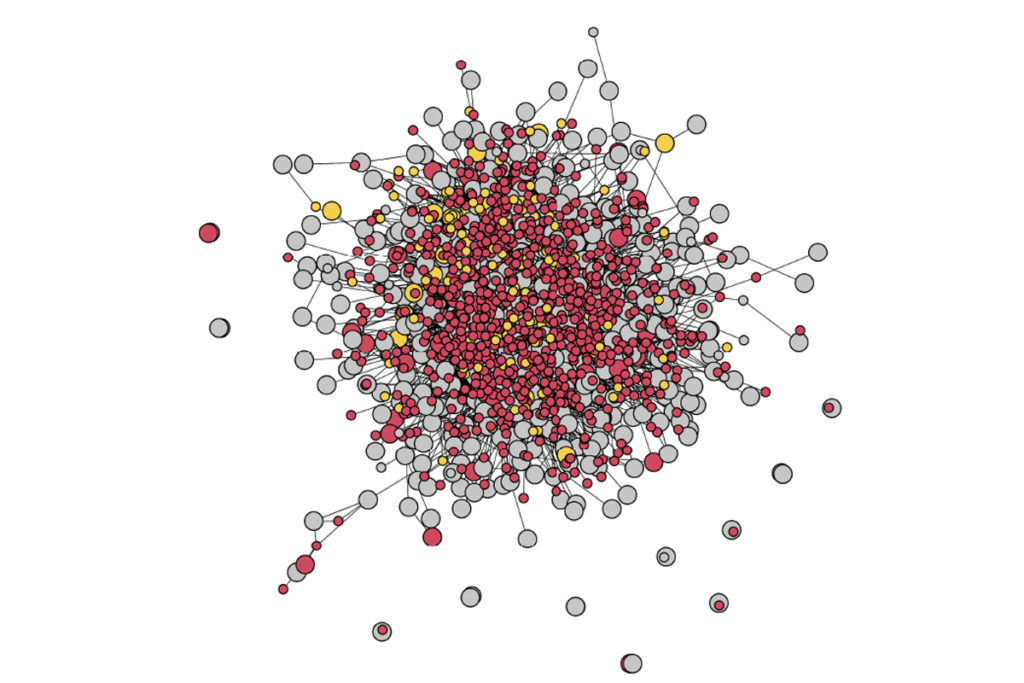
Sequencing study spotlights tight web of genes tied to autism
The findings, shared in a preprint, help to illuminate how a large and heterogeneous group of genes could be involved in autism.
X marks the spot in search for autism variants
Genetic variants on the X chromosome, including those in the gene DDX53, contribute to autism’s gender imbalance, two new studies suggest.
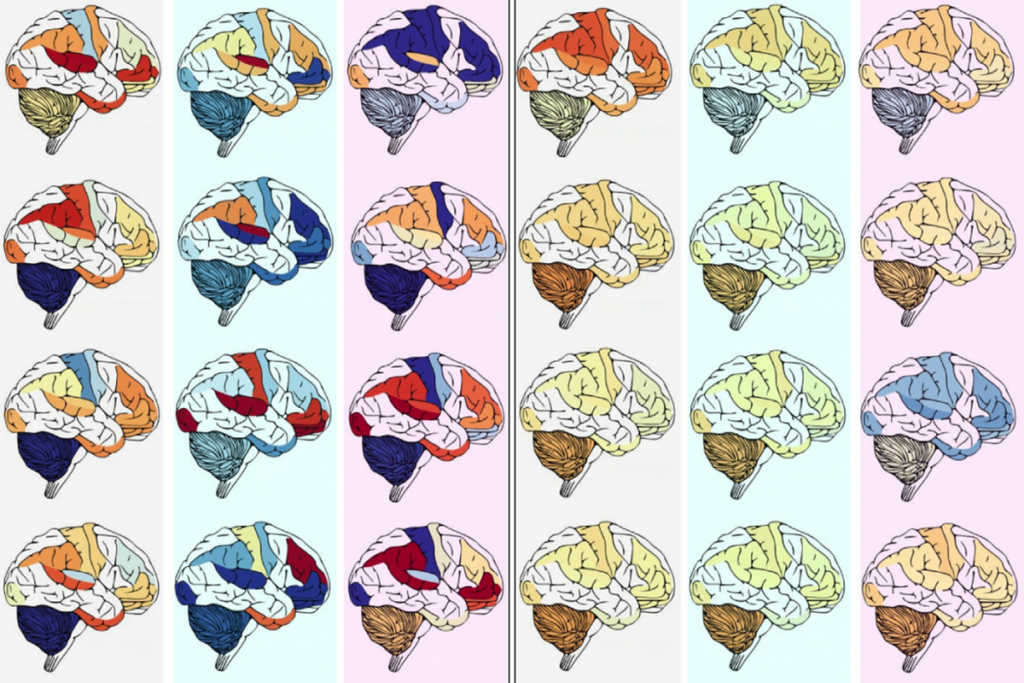
X marks the spot in search for autism variants
Genetic variants on the X chromosome, including those in the gene DDX53, contribute to autism’s gender imbalance, two new studies suggest.
Many autism-linked proteins influence hair-like cilia on human brain cells
The finding may help explain autism’s association with multiple co-occurring conditions that involve cilia defects.
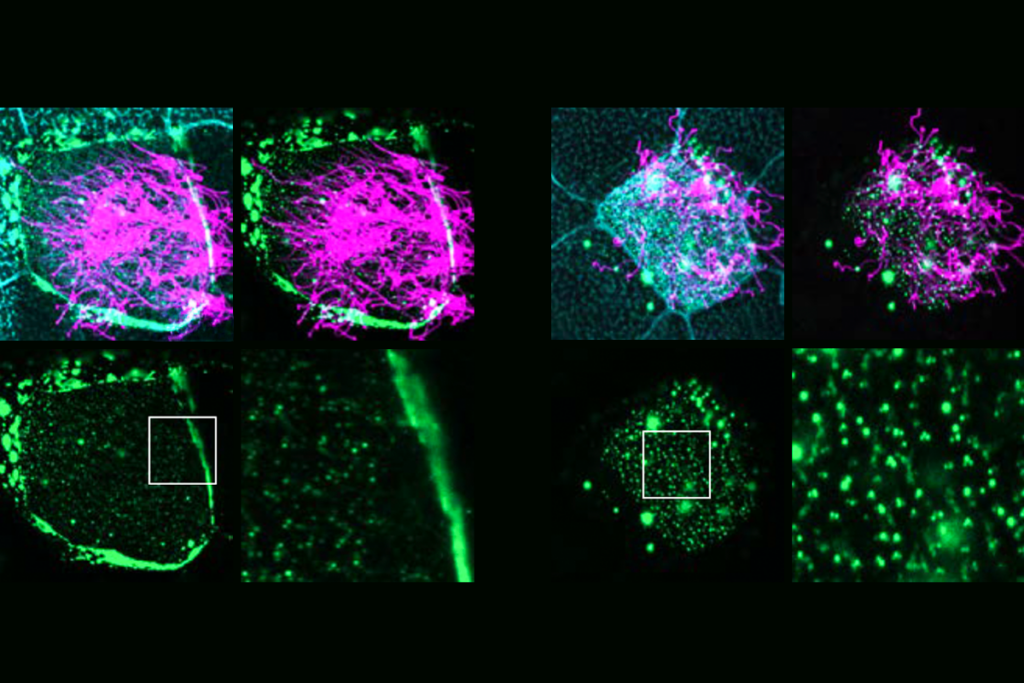
Many autism-linked proteins influence hair-like cilia on human brain cells
The finding may help explain autism’s association with multiple co-occurring conditions that involve cilia defects.
Untangling biological threads from autism’s phenotypic patchwork reveals four core subtypes
People belonging to the same subtype share genetic variants, behaviors and often co-occurring diagnoses, according to a new preprint.
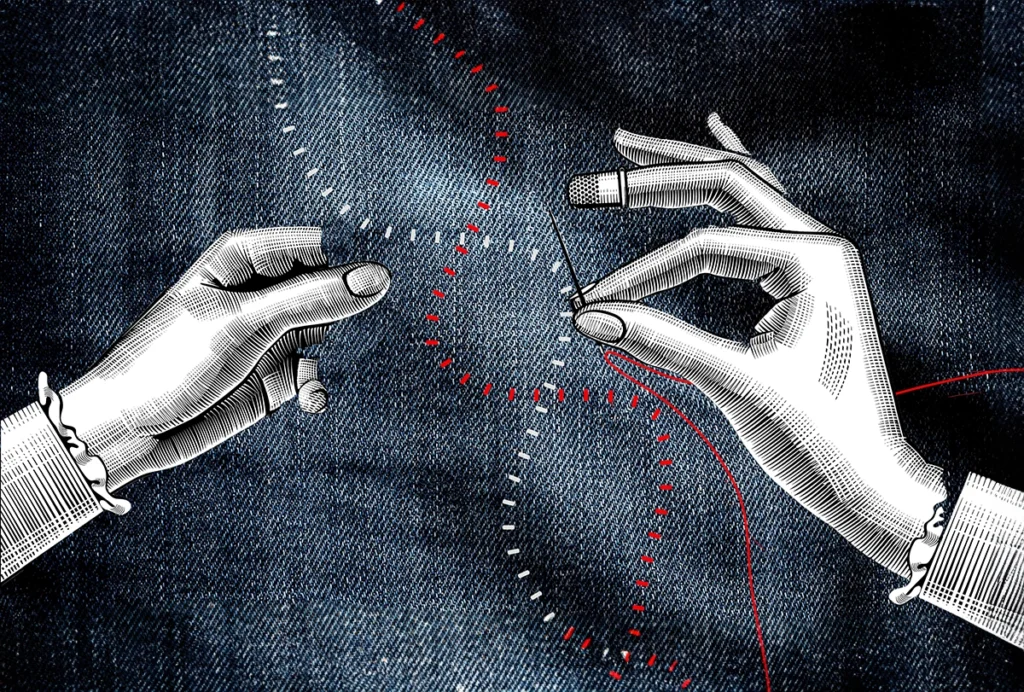
Untangling biological threads from autism’s phenotypic patchwork reveals four core subtypes
People belonging to the same subtype share genetic variants, behaviors and often co-occurring diagnoses, according to a new preprint.
A genetics-first clinic for catching developmental conditions early: Q&A with Jacob Vorstman
A new clinic is assessing children who have a genetic predisposition for autism and other neurodevelopmental conditions—sometimes before traits appear.
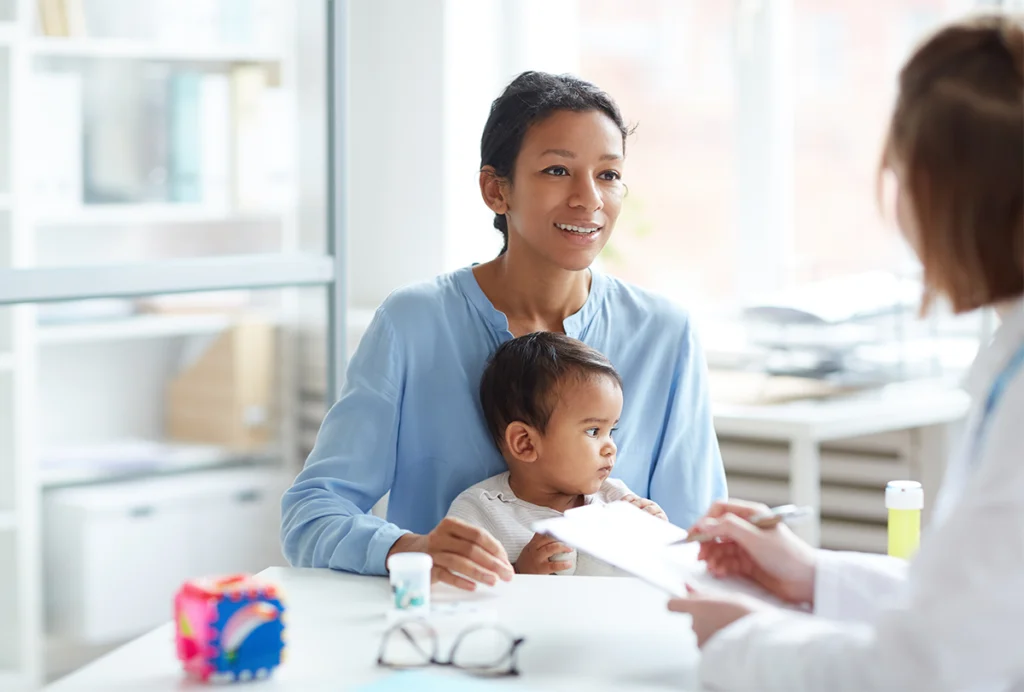
A genetics-first clinic for catching developmental conditions early: Q&A with Jacob Vorstman
A new clinic is assessing children who have a genetic predisposition for autism and other neurodevelopmental conditions—sometimes before traits appear.
Giant analysis reveals how autism-linked genes affect brain cell types
Genes that predispose people to autism account for a large portion of the neuronal and glial cell changes seen in those with the condition.
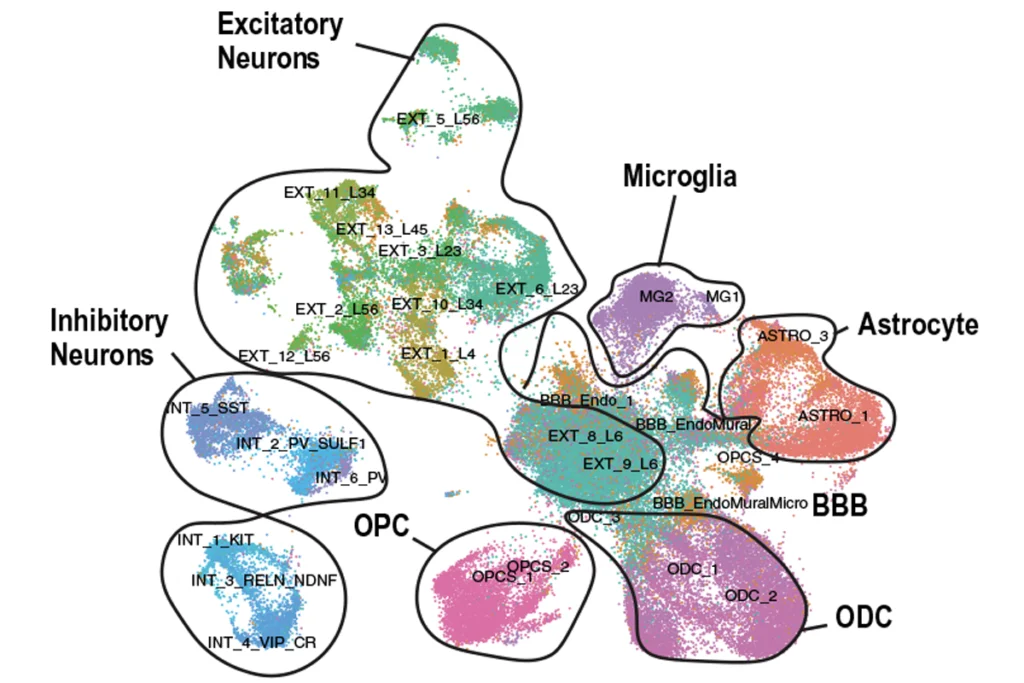
Giant analysis reveals how autism-linked genes affect brain cell types
Genes that predispose people to autism account for a large portion of the neuronal and glial cell changes seen in those with the condition.
Genome structure could be key factor in some forms of autism
Variants in DNA stretches that do not code for proteins may alter the genome’s 3D architecture, influencing the expression of distant genes linked to autism.
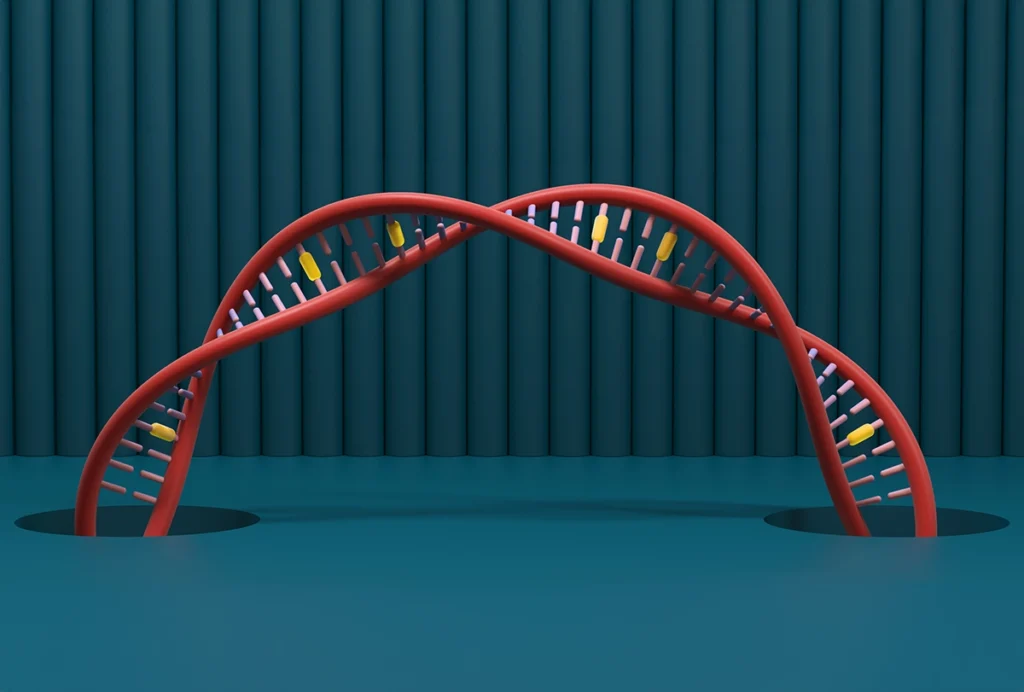
Genome structure could be key factor in some forms of autism
Variants in DNA stretches that do not code for proteins may alter the genome’s 3D architecture, influencing the expression of distant genes linked to autism.
Head size parts autism into two major subtypes
An imbalance in the number of excitatory neurons in early brain development may account for the difference.
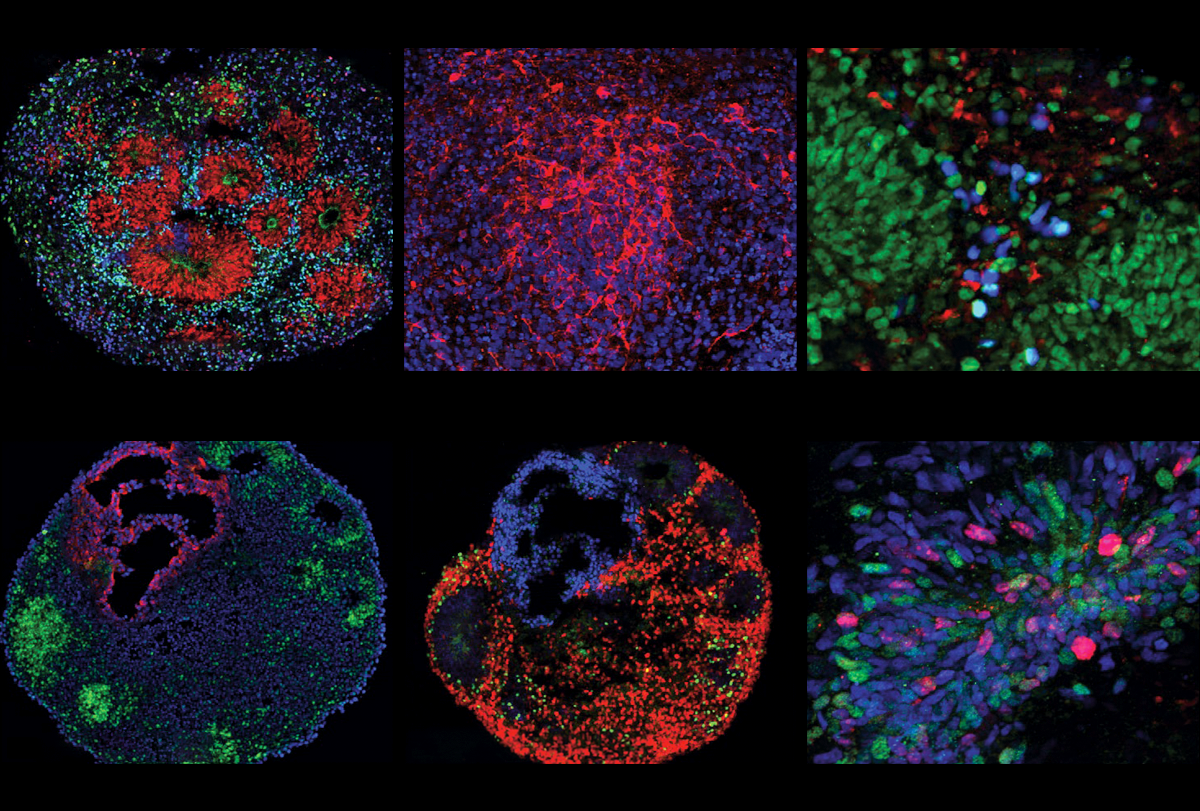
Head size parts autism into two major subtypes
An imbalance in the number of excitatory neurons in early brain development may account for the difference.
Some who lack autism diagnosis carry variants tied to the condition
The variants are associated with slight differences in measures of intelligence, income and employment, but the relationship may not be causal.

Some who lack autism diagnosis carry variants tied to the condition
The variants are associated with slight differences in measures of intelligence, income and employment, but the relationship may not be causal.
Partner selection may amplify rare variants in children
Nonrandom mating — the propensity for people to partner with others who share their traits — can increase the likelihood of autism or other conditions across generations.

Partner selection may amplify rare variants in children
Nonrandom mating — the propensity for people to partner with others who share their traits — can increase the likelihood of autism or other conditions across generations.
Explore more from The Transmitter
Exclusive: Recruitment issues jeopardize ambitious plan for human brain atlas
A lack of six new brain donors may stop the project from meeting its goal to pair molecular and cellular data with the functional organization of the cortex.
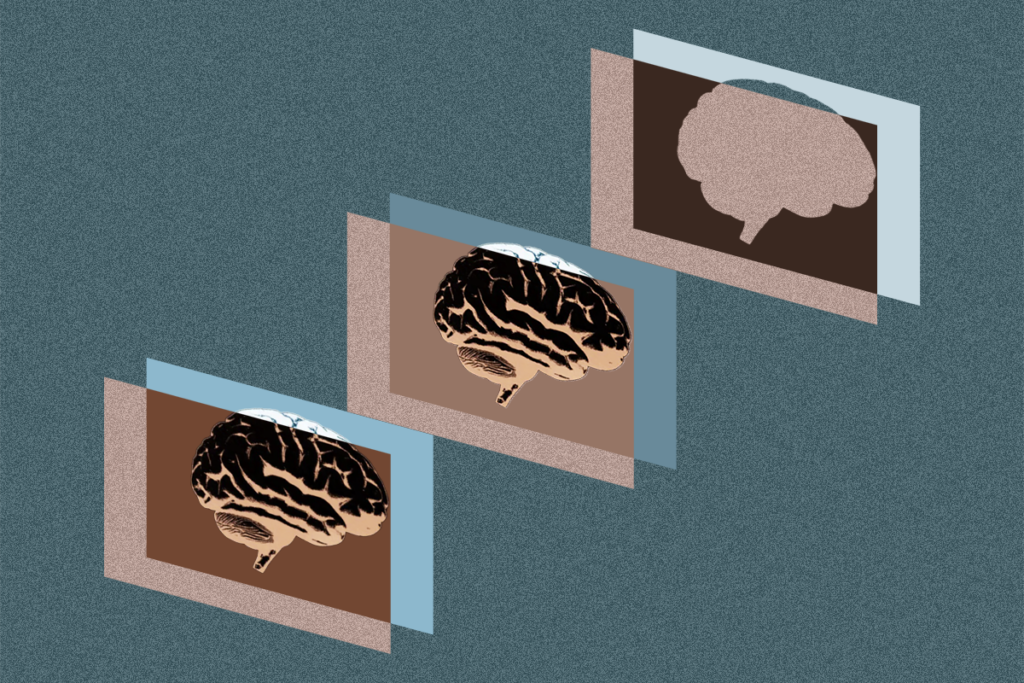
Exclusive: Recruitment issues jeopardize ambitious plan for human brain atlas
A lack of six new brain donors may stop the project from meeting its goal to pair molecular and cellular data with the functional organization of the cortex.
How pragmatism and passion drive Fred Volkmar—even after retirement
Whether looking back at his career highlights or forward to his latest projects, the psychiatrist is committed to supporting autistic people at every age.
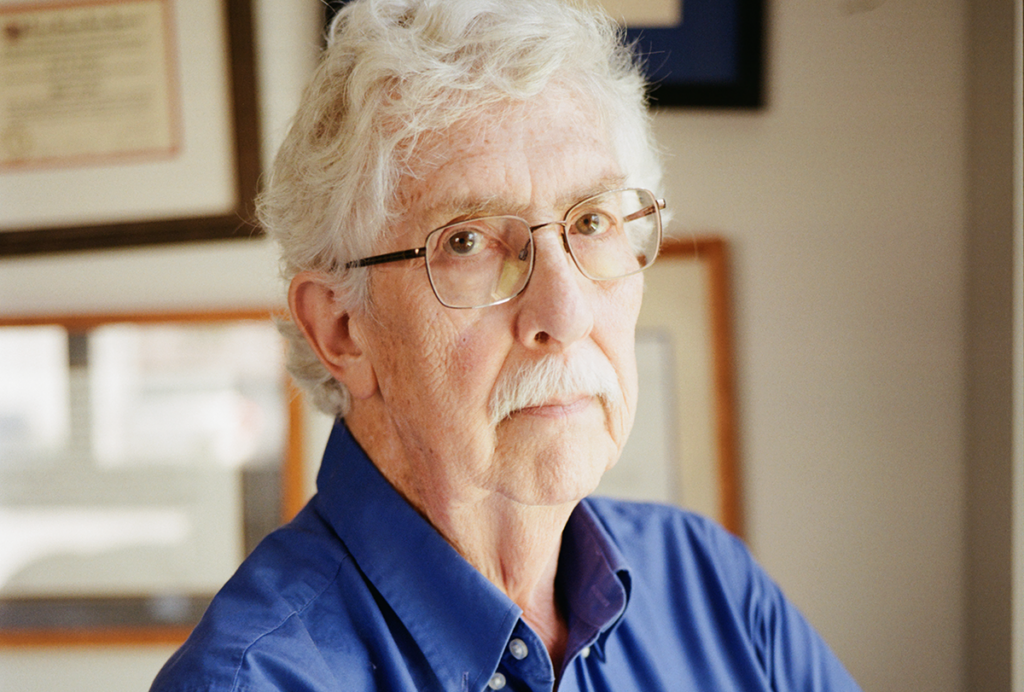
How pragmatism and passion drive Fred Volkmar—even after retirement
Whether looking back at his career highlights or forward to his latest projects, the psychiatrist is committed to supporting autistic people at every age.
The brain’s quiet conductor: How hidden cells fine-tune arousal
New research published today suggests that the pericoeruleus acts as a kind of micromanager of arousal, selectively inhibiting different subgroups of locus coeruleus neurons depending on the behavioral context.
The brain’s quiet conductor: How hidden cells fine-tune arousal
New research published today suggests that the pericoeruleus acts as a kind of micromanager of arousal, selectively inhibiting different subgroups of locus coeruleus neurons depending on the behavioral context.